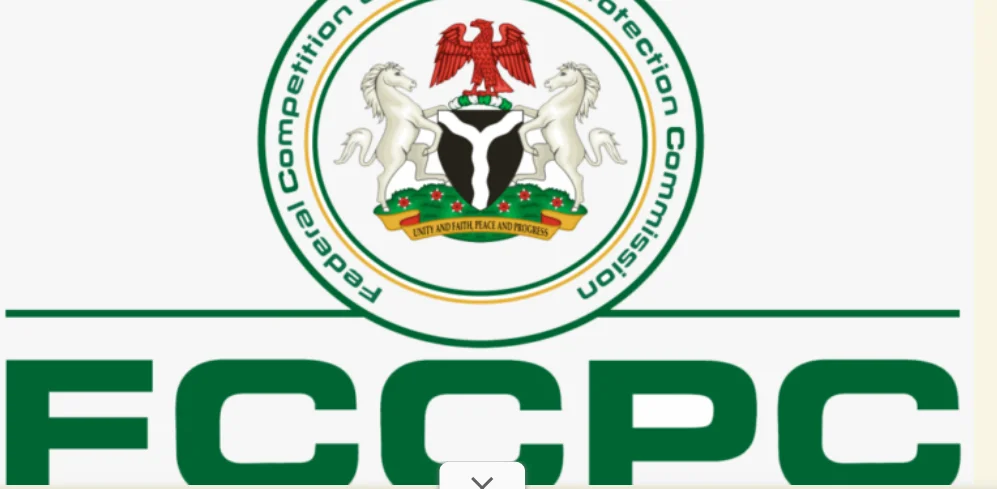The Federal Competition and Consumer Protection Commission (FCCPC) has introduced a new rule to regulate loan app interest rates in Nigeria, sparking concerns among digital lenders. The regulation, released under the Digital, Electronic, Online, or Non-Traditional Consumer Lending Regulations 2025, mandates that the Commission will now monitor lending rates to ensure they are not exploitative or harmful to consumers.
FCCPC Moves to Regulate Loan App Interest Rates
According to the FCCPC, interest rates of loan apps must be fair and transparent. The Commission stated:
“The Commission shall periodically monitor interest rates for services of consumer lending, and ensure rates are not exploitative and inimical to consumer interest.”
This means digital lenders in Nigeria will no longer have full autonomy in determining their rates. Instead, they will be held accountable to guidelines designed to protect borrowers from unfair charges.
Why Digital Lenders Are Concerned
The new rule has unsettled lenders who argue that interest rates are determined by the cost of funds and credit risks.
The President of the Money Lenders Association (MLA), Mr. Gbemi Adelekan, warned that the policy could disrupt operations:
- Lenders often borrow funds from banks since they cannot accept deposits like traditional banks.
- High risks of default among low-income borrowers drive up interest rates.
- Without government funding support, capping or monitoring interest rates may make digital lending unsustainable.
Borrowers’ Complaints About High Interest Rates
For years, Nigerian borrowers have raised concerns about exorbitant loan app charges. Some examples include:
- A borrower who offered a ₦2.5 million loan was asked to repay ₦268,230 monthly for 24 months.
- This repayment plan totalled ₦6.43 million, meaning an interest charge of ₦3.94 million – about 198% per annum.
Despite the high costs, many Nigerians still use loan apps due to quick approvals and a lack of collateral.
FCCPC Rules Against Unethical Loan App Practices
While lenders oppose the new rate monitoring, they welcome other provisions of the regulation, including:
- Ban on accessing borrowers’ contacts, photos, and private data – a move to end harassment and public shaming.
- Mandatory disclosure of loan conditions such as tenor, repayment plan, and interest rate.
- Encouragement to use credit bureaus for assessing borrower risk instead of unethical debt recovery tactics.
Industry experts believe these rules will improve trust and financial inclusion in the digital lending ecosystem.
Digital Lending Now Part of Nigeria’s Financial System
Commenting on the regulation, Adedeji Olowe, Founder of Lendsqr, noted that digital lending is no longer informal:
“Whether you love it or hate it, digital lending isn’t a side hustle anymore. It’s part of the financial system, and it’s going to be treated that way.”
What You Should Know
- The regulation builds on the 2022 interim guidelines that mandated all loan apps in Nigeria to register with the FCCPC.
- As of May 2025, 425 loan apps have been registered.
- Sanctions for non-compliance include fines, suspension, or removal from app stores.
- Penalties can reach ₦50 million for individuals and ₦100 million or 1% of turnover for companies.
Implications for Nigeria’s Digital Lending Market
The FCCPC’s intervention could reshape the loan app industry in Nigeria:
- Borrowers may benefit from fairer interest rates and protection against harassment.
- Lenders face higher compliance costs and potential limits on profitability.
- The regulation may drive more transparency and professionalism, aligning the sector with global standards.



